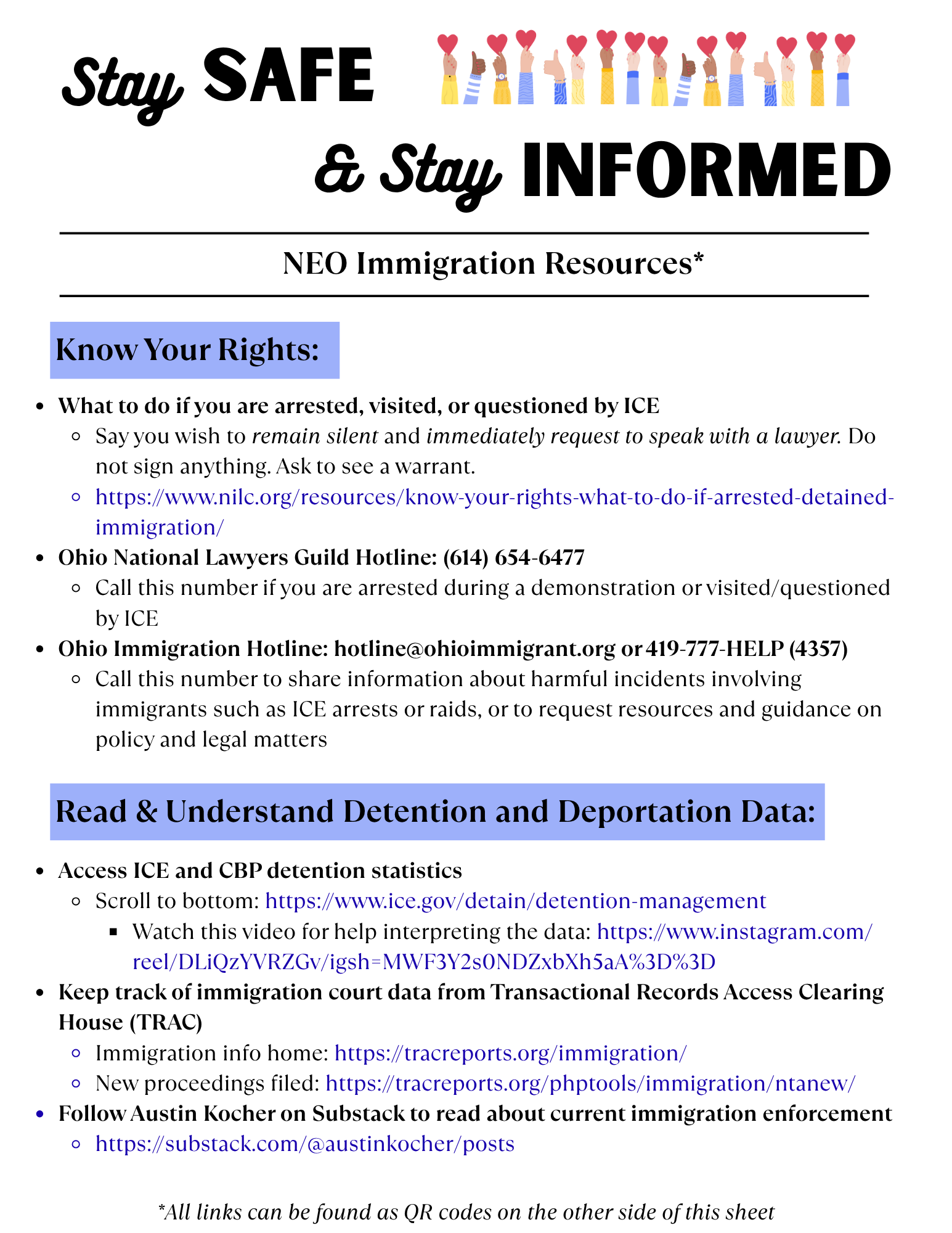After multiple postponements, a worrisome trial began in El Salvador on July 29: a re-trial of the Santa Marta 5, a group of well-known water defenders who had been instrumental in the country’s successful effort to ban mining in 2017. In a press conference prior to the start of the trial, grassroots organizations in El Salvador joined community leaders from Santa Marta to denounce the proceedings as “double jeopardy” in practice, “violating the legal principle that no one can be tried twice for the same crime.” The community concluding that “the only lawful and just outcome is the absolution of our environmental leaders” due to the lack of evidence against them. The case has been a flashpoint internationally for concerns about the integrity of the justice system and increasing risk to environmental and human rights defenders in El Salvador.A new trial against five Salvadoran environmentalists, accused of murdering a woman in 1989 during the civil war, will take place on Tuesday, announced the NGO they belong to, denouncing the case as a form of “persecution” for their anti-mining activism.
The environmentalists, who were guerrilla fighters at the time of the crime, were acquitted on October 18 along with three other former rebels also accused of the murder. However, a higher court overturned the ruling and ordered a retrial.
“The case is criminalization and persecution of environmental activism (…) they are key figures in the community resistance against metal mining,” said Alfredo Leiva, a board member of the Santa Marta Association for Economic and Social Development (ADES).
The five environmentalists helped push through the 2017 ban on mining, which was repealed last December by the pro-government Congress at the request of El Salvador’s president, Nayib Bukele, who supports gold mining operations.



